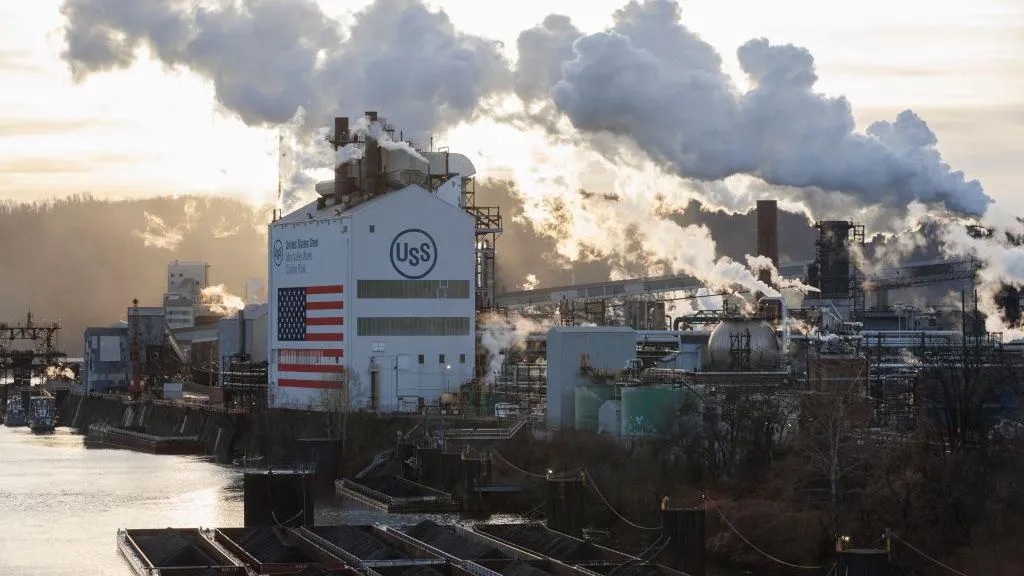
The Decision and Its Justification
Why Biden Rejected the Deal
Biden’s intervention follows the failure of a government panel to reach a consensus on the acquisition. Citing risks to supply chain resilience and national security, Biden emphasized the importance of domestic steel production.
Key Arguments from Biden:
- National Security: Domestic ownership of steel production is critical for infrastructure, defense, and the auto industry.
- Union Concerns: Support from the United Steelworkers union played a pivotal role in the decision.
Biden’s Statement:
“A strong domestically owned and operated steel industry represents an essential national security priority,” Biden said, ordering the companies to abandon the deal within 30 days.
The Reaction from Nippon Steel and Japan
Backlash from Japan and Nippon Steel
Nippon Steel and US Steel called the decision “corrupted” by political motives, threatening legal action to protect their rights.
Responses from Japan:
- Japanese Government: Trade Minister Yoji Muto described the decision as “incomprehensible,” raising concerns about future US-Japan investments.
- Corporate Reaction: Nippon Steel argued the move sends a chilling message to foreign investors, including those from allied nations.
Domestic and Political Implications
A Political and Economic Move
The decision aligns with Biden’s foreign policy focus on protecting American workers and domestic industries, echoing elements of the Trump administration’s “America First” agenda.
Key Political Dynamics:
- Union Influence: The United Steelworkers union called the move “the right decision” for American workers.
- Electoral Strategy: Pennsylvania’s significance as a swing state likely influenced Biden’s decision ahead of the 2024 presidential campaign.
The Future of US Steel
What’s Next for US Steel?
US Steel, once a symbol of American industrial power, had sought investment to avoid closures. The rejection raises concerns about its future viability:
- Factory Closures: Without new investment, the company may struggle to maintain operations.
- Potential Revisions: Analysts speculate the deal could be revisited under the incoming Trump administration, potentially with new terms.
Market Impact:
Shares of US Steel fell over 5% following the announcement, reflecting investor uncertainty.
Broader Implications for US-Japan Relations
Strains on a Strategic Alliance
Blocking the deal could harm US-Japan relations, a partnership crucial for countering China’s influence in the Asia-Pacific.
Challenges Ahead:
- Foreign Investment Perception: The decision raises concerns about the US as a reliable destination for allied investments.
- Diplomatic Fallout: Analysts warn the move may damage trust between the two nations.
Conclusion
A Controversial Decision with Long-Term Impacts
Biden’s decision to block Nippon Steel’s acquisition of US Steel reflects a focus on domestic priorities but risks straining ties with a key ally. As US Steel navigates its future, the implications of this decision will continue to ripple through political, economic, and diplomatic arenas.
External and Internal Links
- External Link: Read more about US-Japan trade relations
- Internal Link: Explore global trade and investment trends



